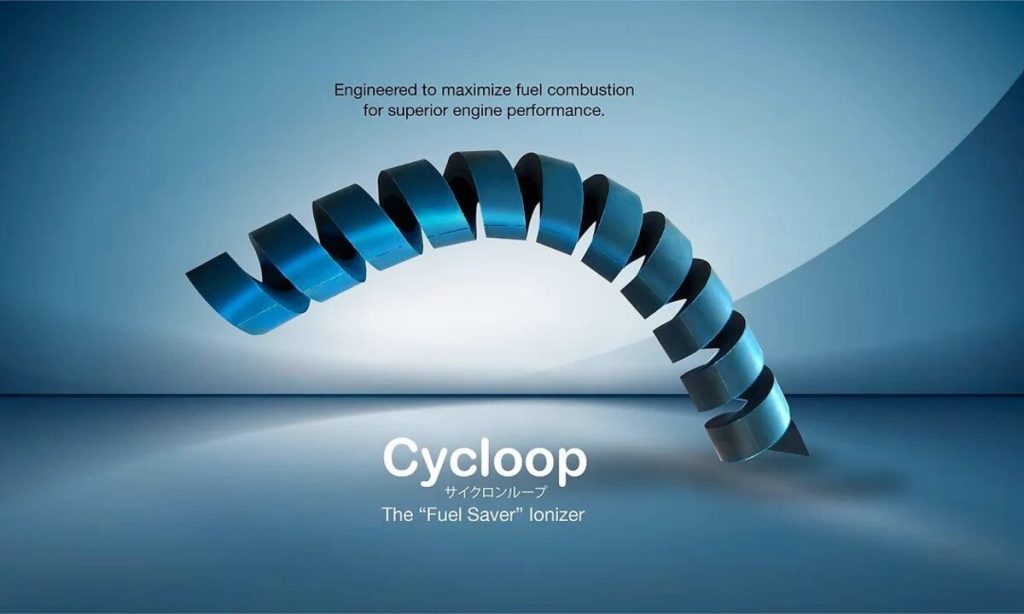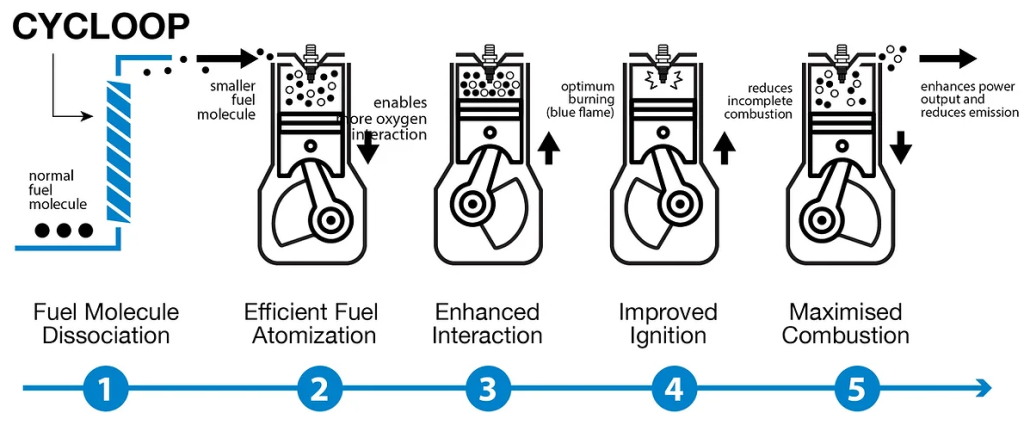Negative Ion In PetroChemical
Unveiling the electrifying impact of anionic species in the realm of hydrocarbons.
Dissociation is a fundamental concept in chemical reactions and plays a crucial role in understanding the behavior and properties of molecules in various contexts, including chemical reactions, solubility, and electrolysis. In the context of chemistry, dissociation refers to the process by which a molecule breaks apart into its constituent atoms, ions, or smaller molecules. This can occur through various mechanisms, such as the application of heat, exposure to electromagnetic radiation, or chemical reactions. Dissociation can occur in different ways depending on the type of molecule and the conditions in which it is subjected.


How It Works
Invisible Energy
Through the process of molecule dissociation, big fuel molecules are split into smaller molecules to create optimum air-fuel mixture for the perfect burning. The result? Maximum combustion.

Emits Over 13,000 negative ions
1:4 Ratio Fuel Molecule Dissociation.
Constructed with high grade thermal silicon, Cycloop harnesses the natural energy of lava rock minerals and other mineral compounds to produce negative ions and break down fuel molecules safely.
Optimising efficiency
“Unlocking Fuel Efficiency: Maximizing Mileage in the 80-120 km/h Speed Range “Efficient fuel consumption is a goal for many drivers, and optimizing fuel efficiency becomes particularly important during the speed range of 80 to 120 km/h. By implementing a few key strategies and adopting a mindful driving approach, you can maximize your mileage and get the most out of every drop of fuel.






